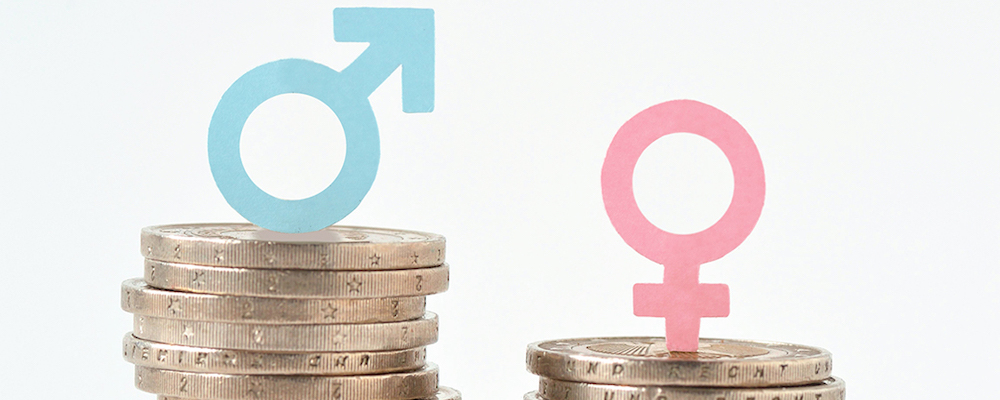
Are We Closing In On The Gender Pay Gap?
Equality has always been an important topic for us at Masterclass Training. As an organisation that embraces inclusion regardless of social factors such as gender, religion or race, we believe that pay should be determined by merit and not something you were naturally born with. It is why we have worked with local government authorities in providing training in diversity so that in their turn they can rid of any social biases within their work.
Over the years, at Masterclass Training we have also held numerous webinars in order to inform the general public about the importance of closing in the pay gap from an employment law perspective. Barristers from the Employment Law Partnership have partnered with us in promoting this message of equality.
Gender pay gap shouldn’t be confused with ‘equal pay’; gender pay gap emphasises on the average difference in earnings between men and women.Whereas the Equal Pay Act 1970 and more recently, the Equality Act 2010 makes it unlawful for any organisations to pay people unequally because of their gender.
The government body ONS (Office for National Statistics) calculated for male and female full-time employees that the difference in pay gap was 9.6% in 2015, 9.4% in 2016 and more recently 9.1% in 2017.
Some may argue, so what is all this fussed about? We have clear evidence that we are indeed closing in on the gap. Too slow perhaps some may counter-argue, at the current rate of reduction in the pay gap, it would take 19 years to eradicate completely of it. As a nation, we have a responsibility to ensure that we promote a fairer and more equal environment for future generations.
The fight for the eradication of gender pay gap has been long, and over time we as a nation have done extremely well in getting rid of discriminatory societal injustices but well into the 21st century, some do still exist. The most common reasons for the existence of gender pay gap have been associated with:
- Balancing work and private life
- Direct discrimination
- Segregation of the labour market
- Traditions and stereotypes
- Undervaluing of women’s work
Due to pressure being pressed on the government to act, new regulations were passed to combat gender pay gap. Employers with 250 or more employees will have to mandatorily publish on their website and government websites information regarding gender pay gap and proportion of men and women receiving bonuses within their organisations.
The BBC was one of the biggest organisations to have fallen a victim of this new regulation, with pay inequality forging a scandal at the media broadcaster; this is likely to set an example to other big corporations that the gap on gender pay has to close.
With raising awareness has come positive change, closing in on the gap will likely give greater profitability in the economy and promote social justice and equal opportunities between the genders.




